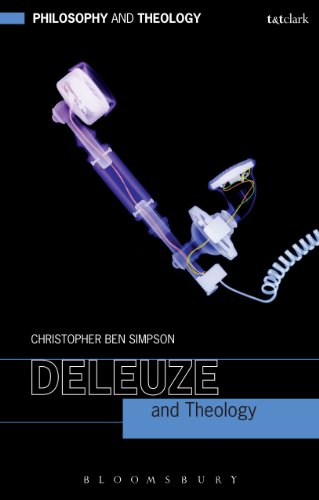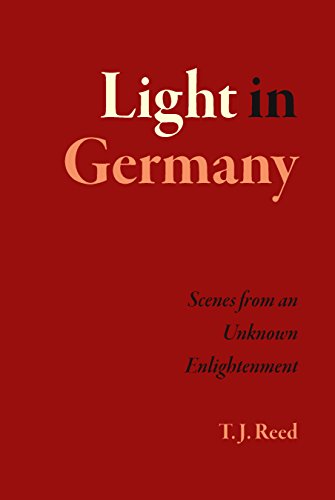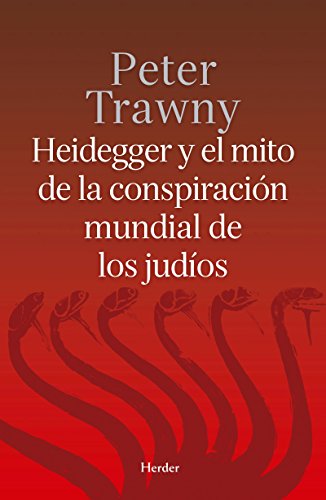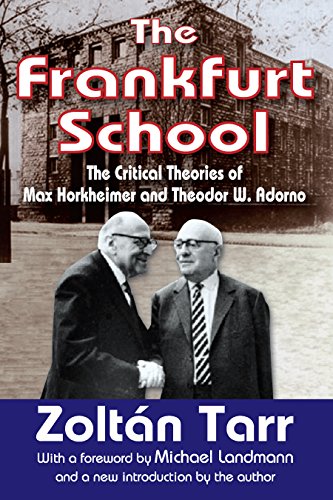
By Richard Wolin
Michel Foucault, Jean-Paul Sartre, Julia Kristeva, Phillipe Sollers, and Jean-Luc Godard. in the course of the Sixties, a who is who of French thinkers, writers, and artists, spurred through China's Cultural Revolution, have been seized with a fascination for Maoism. Combining a cruel exposé of left-wing political folly and cross-cultural false impression with a lively protection of the Nineteen Sixties, The Wind from the East tells the colourful tale of this mythical interval in France. Richard Wolin exhibits how French scholars and intellectuals, encouraged via their perceptions of the Cultural Revolution, and stimulated by way of utopian hopes, incited grassroots social pursuits and reinvigorated French civic and cultural life.
Wolin's riveting narrative finds that Maoism's attract between France's top and brightest really had little to do with a true knowing of chinese language politics. as an alternative, it sarcastically served as a automobile for an emancipatory transformation of French society. French pupil leftists took up the trope of "cultural revolution," utilizing it to their criticisms of daily life. Wolin examines how Maoism captured the imaginations of France's top cultural figures, influencing Sartre's "perfect Maoist moment"; Foucault's perception of strength; Sollers's stylish, leftist highbrow magazine Tel Quel; in addition to Kristeva's e-book on chinese language women--which incorporated a full of life protection of foot-binding.
Recounting the cultural and political odyssey of French scholars and intellectuals within the Nineteen Sixties, The Wind from the East illustrates how the Maoist phenomenon all of sudden sparked a democratic political sea swap in France.
Read or Download The Wind from the East: French Intellectuals, the Cultural Revolution, and the Legacy of the 1960s PDF
Best modern philosophy books
Deleuze and Theology (Philosophy and Theology)
What can a theologian do with Deleuze? whereas utilizing philosophy as a source for theologyis not anything new, Gilles Deleuze (1925-1995) offers a type of limit-case forsuch a theological appropriation of philosophy: a completely "modern"philosophy that might appear to be essentially antagonistic to Christian theology--aphilosophy of atheistic immanence with an basically chaotic imaginative and prescient of theworld.
Light in Germany: Scenes from an Unknown Enlightenment
Germany’s political and cultural earlier from precedent days via global struggle II has dimmed the legacy of its Enlightenment, which nowadays is way outshone through these of France and Scotland. during this publication, T. J. Reed clears the dirt clear of eighteenth-century Germany, bringing the likes of Kant, Goethe, Friedrich Schiller, and Gotthold Lessing right into a coherent and concentrated beam that shines inside ecu highbrow background and reasserts the $64000 function of Germany’s Enlightenment.
Heidegger y el mito de la conspiración mundial de los judíos (Spanish Edition)
¿Fue Heidegger antisemita? ¿Hasta qué punto se identificó con el nacionalsocialismo? Estas preguntas recuperan actualidad en el contexto de l. a. reciente publicación de los Cuadernos negros de Martin Heidegger, que contienen sus apuntes personales y filosóficos escritos entre 1930 y 1970. Peter Trawny, el editor de estos cuadernos inéditos hasta 2014, ofrece por primera vez un análisis del proyecto filosófico de Heidegger a l. a. luz de estas nuevas fuentes.
The Frankfurt School: The Critical Theories of Max Horkheimer and Theodor W. Adorno
The Frankfurt institution refers to a faculty of neo-Marxist interdisciplinary social thought specific tested on the Institute for Social study on the college of Frankfurt, Germany in 1923. Tarr's research specializes in 3 key matters. the 1st is the Frankfurt School's unique software of delivering a common conception of contemporary capitalist society.
- Political philosophy of John Locke
- La Mettrie: Machine Man and Other Writings (Cambridge Texts in the History of Philosophy)
- Kulturphilosophie: Verfall und Wiederaufbau der Kultur. Kultur und Ethik. (Beck'sche Reihe) (German Edition)
- Varieties of Belief: Volume 94 (Muirhead Library of Philosophy)
Additional info for The Wind from the East: French Intellectuals, the Cultural Revolution, and the Legacy of the 1960s
Example text



